Quick Hits 8/25/24
"Slowly, over time, be accepting of life’s downturns while you keep moving up and to the right"
The power of time is truly impressive.
I originally bellied-up to my desk to try and publish this quick hits edition several Monday’s ago. At the time, I was planning on offering a little bit of commentary on the tumultuous state of financial markets.
I wasn’t going to warn that doomsday is coming, or anything of the sort.
Instead, I was simply planning on a moment of reflection — what must it have been like for people with their financial livelihood tied up in the Nikkei Index on that fateful day? 😫🤢.
The index shed over 10% in the carnage.
Fast forward to today, and you’re looking at a completely different story.
Where will major stock indices be a month from now? How about a year? Three years?
It was a brief and awesome reminder not to overreact to acute, “snapshot in time” events by getting too high or too low.
Slowly, over time, be accepting of life’s downturns while you keep moving up and to the right 😉.
Let’s dive into some fun material, shall we?
The Lancaster Farmland Trust
This may come as a surprising promotion from me considering my “YIMBY” tendencies. The Lancaster Farmland Trust (Lancaster, Pennsylvania) uses conservation easements to permanently protect farmland. In this case, “protecting” the farmland means the land can never be used for anything besides agriculture.
This means that when the landowner sells the land or gives it away to someone, the easement remains in place, and the land must be used for agriculture. The land can never be used for development projects of any kind.
As you will correctly note, that means no new housing on that land, thus, exacerbating the housing supply crisis we have, and making Lancaster a place that is difficult to access for new entrants (which stinks, Lancaster is an amazing place).
Yet, conservation of farmland is a worthy strategic goal in its own right. Agriculture is important, as is protecting our capacity to produce quality food (over-consolidation of agriculture capacity is not a good thing, and we should protect our ability to have a diverse network food supply).
Housing supply can and should be concentrated in urban and suburban areas more than in rural geographies suitable for non-residential usage.
Block Island
I felt compelled to post a small tribute to one of the most beautiful places on earth. Like Lancaster PA, Block Island features an abundance (in relation to the size of the island) of unspoiled land. Some of the highlight landscapes include dramatic bluffs which oversee natural beaches, and rolling hills filled with wildflowers and classical New England shrubbery:


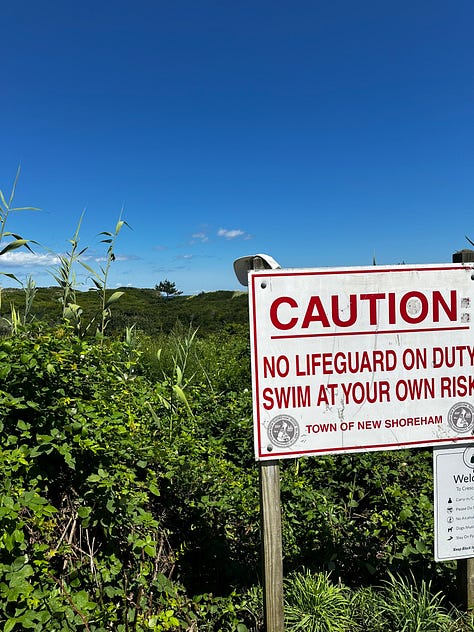



The Block™ is a magical place to visit — the small island can boast that is has two distinctly different sides.
Near the port it’s quite busy, with shops, pubs, and a host of quaint inns to stay at. On the west side of the island, you can usually hear a pin drop. On summer weekends it does fill up a bit, but the west side, as well as the unkempt beaches on the south side can provide an oasis amongst the hustle and bustle.
It’s the perfect place to unplug — see if you can check it out some time. It’s quite easy to make a day trip of it 😊.
Operation Wetback
Yes, that was a real name of a real mass-deportation campaign that the U.S. government undertook in the 1950’s. It was one of the largest “repatriation” campaigns in U.S. history, along with a similar operation during the great depression.
Aside from championing a racial slur, the program did a lot to worsen the circumstances of the illegal immigrants that it deported back to Mexico, inclusive of sending them to places they were not from, not allowing them to benefit from any property they had in the U.S., and not allowing them to speak to family members at all before their deportation took place.
Notably, it also did nothing to help the American people. American farmers who relied on the labor force actually just recruited more forcefully from the border.
I recommend listening to this episode of Econ-102 from 26:51 onwards for a much more detailed breakdown of how this operation was not only a major failure, but an important moment in history we can learn from.
Back in Philly
One reason it’s been eerily quiet here at RRR is that aside from my vacation, I’ve been in the middle of a pretty intense move from Connecticut back to Philadelphia (the city version of the love of my life).
I may have slightly underestimated how much work it would be to fully furnish an apartment that I’m renting solo 😅😅. Cooking anything good is hard to do without cookware, knives, etc. — who would have thought?
Anyways, I wanted to share some of my favorite photos from my first two weeks being back. Philly is a city that many people in the northeastern U.S. don’t know much about, and it’s often overlooked due to it’s proximity to Boston, New York, D.C., and other popular places to live on the east coast.

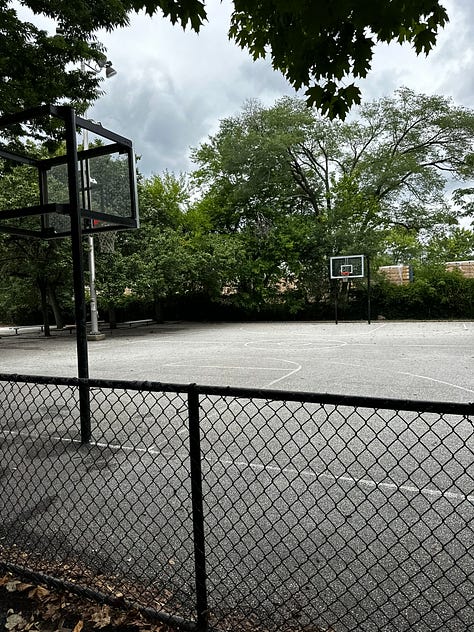

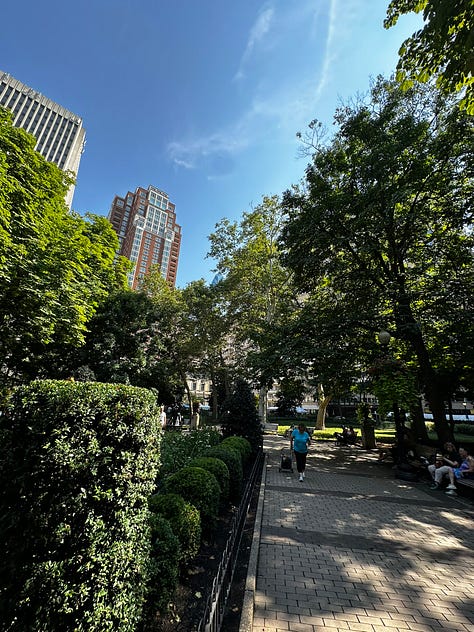

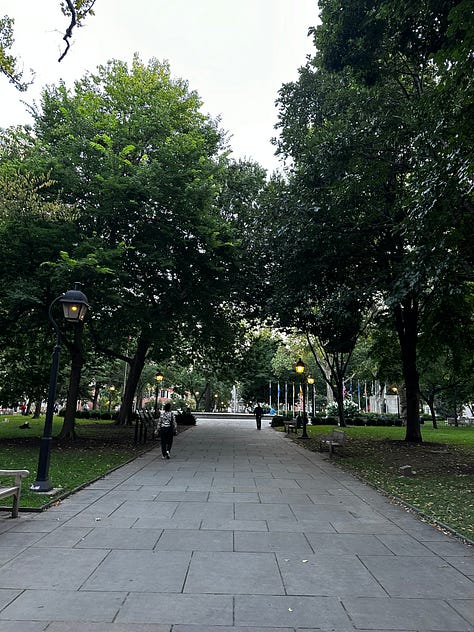
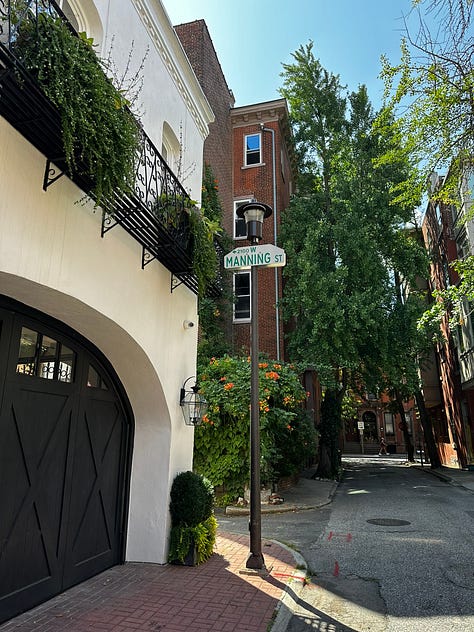


I love how green it is in the summertime 💚.
Do visit if you have the opportunity — there are some amazing places to see, food to eat, and people to meet.
Homebuilder Cartels
Matt Stoller wrote this thought-provoking piece recently which challenged my beliefs that the major impediment to greater housing supply was based in zoning law.
And it’s puzzling why there isn’t more construction. One reason, posited by a noisy group who self-identify as “YIMBY’s,” which stands for “yes in my backyard,” argue there are too many local rules limiting development put forward by annoying people that want to maintain the local character and high housing values of their neighborhood by keeping others out. And yet, just pointing at over-regulation in and of itself isn’t a satisfying explanation. After all, the collapse in housing starts really began in 2007, and it hasn’t rebounded. Something is wrong with the market, as price signals aren’t working.
It’s a good reminder that the housing crisis in the U.S. is multifaceted.
I would love to know what percentage of the labor force works in housing development today compared to thirty years ago 🤔.
Stoller gives many pertinent examples of consolidation in housing development that has tipped the economics of the industry out of whack — do give it a read.


The whiplash in sentiment in the market is always impressive, no matter how many times you experience it